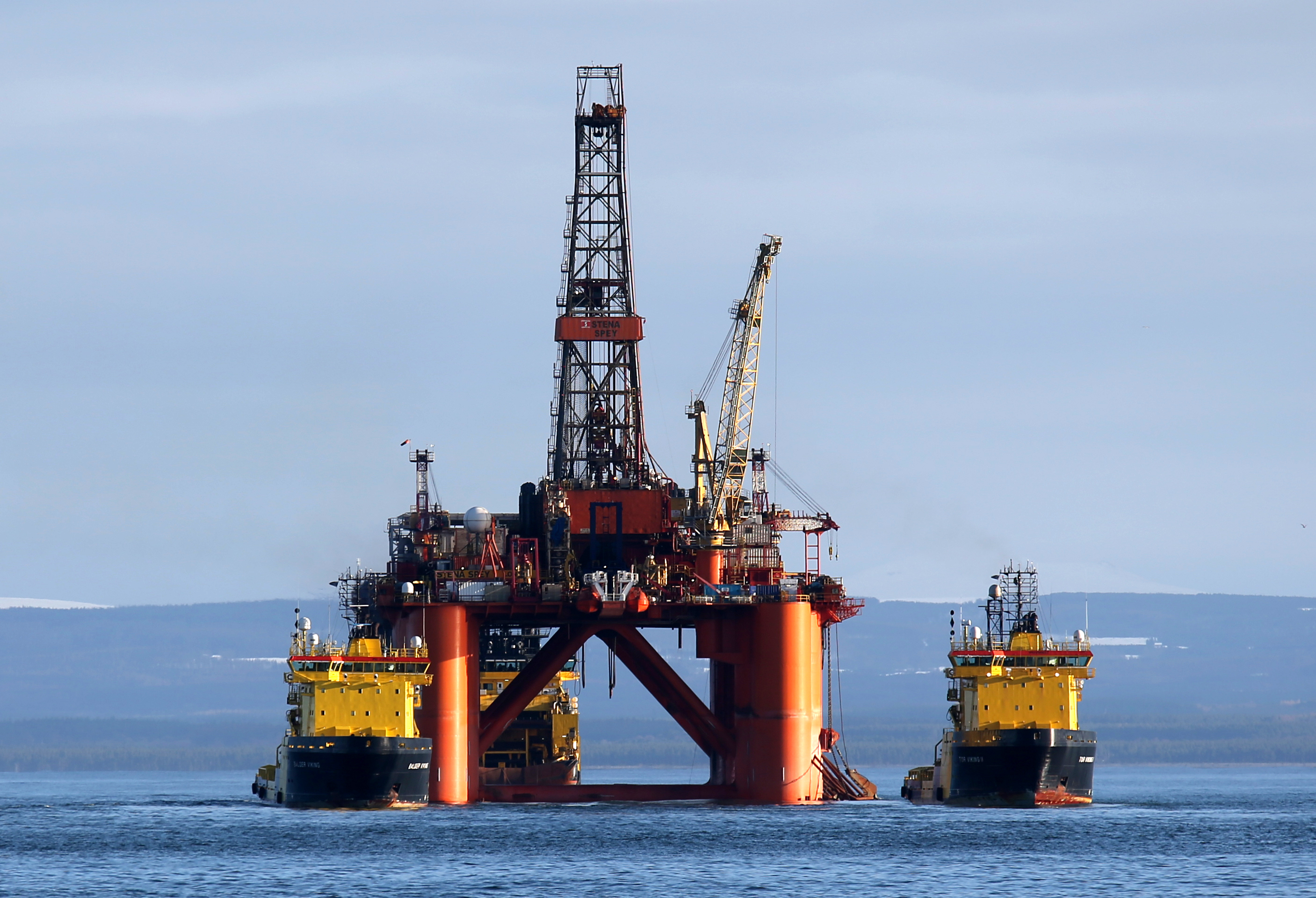North Sea could produce half of all UK oil and gas in run up to 2050 – report
Industry body Offshore Energies UK made the claim in a new report.

The North Sea could produce about half of the oil and gas the UK will need in the run up to 2050 – but only if new projects can be developed, industry chiefs have said.
As it stands Offshore Energies UK (OEUK) said the UK is on track to produce just four billion of the 13 to 15 billion barrels of oil and gas the country will need over the next 25 years.
However, OEUK argued that by “unlocking additional resources from waters around the coast” this could be increased to about seven billion barrels – a move which the industry body said could be worth £150 billion to the UK economy.
Speaking as it published its 2025 Business Outlook report, chief executive David Whitehouse said this could only happen if the UK Government consents to new projects.
Since Labour came to power the Department for Energy Security and Net Zero has maintained it will not issue licences to explore new fields, as it seeks to reduce emissions towards the target of the UK achieving net zero by 2050.
He noted that independent advisers at the Climate Change Committee had said to get to net zero by 2050 the UK would need some 13 billion to 15 billion barrels of oil and gas.
The OEUK chief executive stated: “Today, we’re on track to produce only four billion of those barrels in the UK, but with the right polices to encourage firms to invest we could unlock another three billion barrels and meet half our entire needs.”
Such a move would add £150 billion of gross value to the UK economy, he stated.
Making the remarks Mr Whitehouse stressed: “Energy security is national security. In an increasingly volatile world the widening gap between the energy we produce and what we import matters.”
The OEUK chief executive added: “People all recognise that on the journey to net zero we will need oil and gas for decades to come. It makes sense for the UK to produce as much as it can itself.”
Ben Ward, market intelligence manager for OEUK, meanwhile said that gas from the North Sea had fewer carbon emissions associated with it than imported gas.
He said: “On average imported energy, liquefied natural gas, has a carbon intensity of four times the emissions of domestically produced gas.
“So there is a real environmental benefit to producing as much gas domestically as we can.”

“By 2050 a fifth of the energy we consume will still be oil and gas, even under a net zero scenario,” he stated.
“If we make the right choices we can produce half of that domestically ourselves.”
Mr Ward continued: “As we look forward oil and gas will still maintain a massive part of our energy sector and we need to make sure we are producing as much of that domestically as we can to protect jobs, to generate income, to create energy security.”
OEUK’s Business Outlook report meanwhile insisted that “there are still substantial opportunities in oil and gas in the UKCS (UK Continental Shelf)” – noting there were four billion barrels of oil equivalent (BOE) “at various states of readiness” with a further two to three billion BOE “available to develop over time”.
The report stated: “The UK is projected to use at least 13-15 billion BOE by 2050. Using its own resources would help build energy security, support the exchequer and benefit the environment.”
A Department for Energy Security and Net Zero spokesperson said: “Oil and gas production will continue to play an important role for decades to come, with the majority of future production in the North Sea expected to come from producing fields or fields already being developed on existing licences.
“New licences awarded in the last decade have made only a marginal difference to overall oil and gas production.
“Only by sprinting to clean power by 2030 can the UK take back control of its energy and protect both family and national finances from fossil fuel price spikes.”





